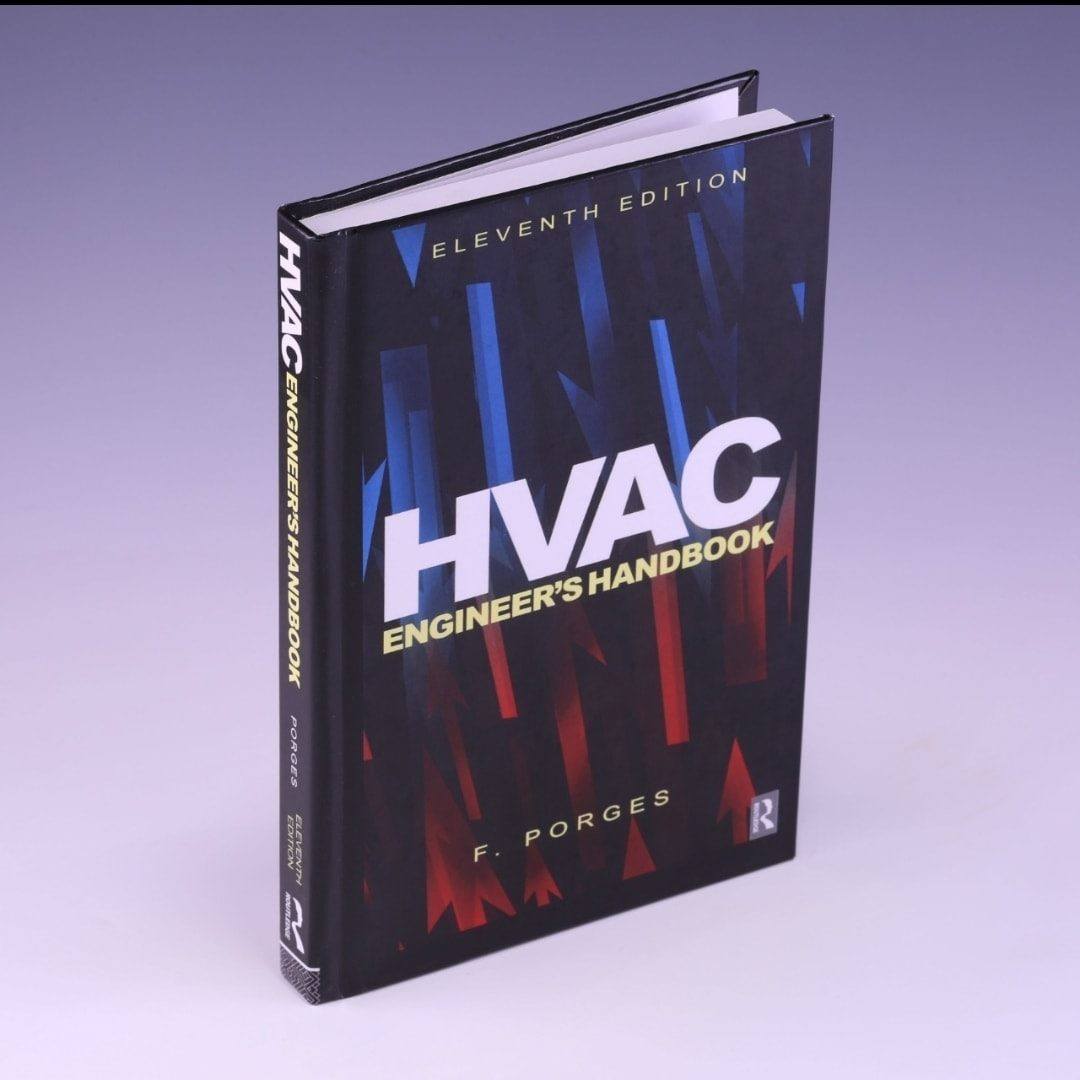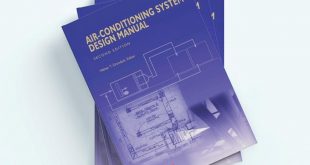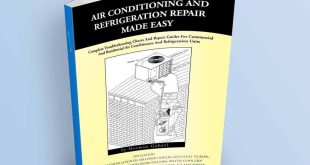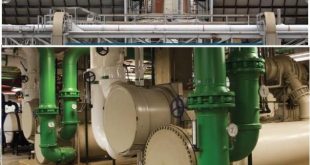Introduction
The HVAC Engineer’s Handbook is an essential resource for professionals working in the field of heating, ventilation, and air conditioning (HVAC). This handbook provides a comprehensive overview of key concepts, design principles, industry standards, and best practices to help engineers effectively design, install, and maintain HVAC systems.
Importance of HVAC Engineering
HVAC engineering plays a crucial role in modern buildings, ensuring occupant comfort, indoor air quality, and energy efficiency. Proper HVAC system design is essential for commercial, residential, and industrial applications, helping to optimize performance and reduce operational costs.

Key Topics Covered in the HVAC Engineer’s Handbook
The handbook typically includes a wide range of topics essential for HVAC professionals, such as:
1. Fundamentals of HVAC Systems
- Principles of thermodynamics, heat transfer, and fluid mechanics
- Basic components: compressors, condensers, evaporators, and expansion devices
- Types of HVAC systems: split, packaged, centralized, and decentralized systems
2. HVAC System Design
- Load calculations and energy modeling
- Ductwork and piping design
- Selection of HVAC equipment and controls
3. Ventilation and Air Quality
- Importance of indoor air quality (IAQ)
- Types of ventilation: natural, mechanical, and hybrid systems
- Air filtration and purification methods
4. Energy Efficiency and Sustainability
- High-efficiency HVAC equipment
- Renewable energy integration (e.g., solar-powered HVAC systems)
- LEED and green building standards
5. HVAC System Maintenance and Troubleshooting
- Preventive maintenance strategies
- Common HVAC problems and solutions
- Diagnostics tools and techniques
6. Industry Standards and Regulations
- ASHRAE (American Society of Heating, Refrigerating, and Air-Conditioning Engineers) guidelines
- ISO (International Organization for Standardization) standards
- Local building codes and compliance requirements
Benefits of Using the HVAC Engineer’s Handbook
- Reference Guide: A valuable resource for students, engineers, and technicians.
- Updated Knowledge: Keeps professionals informed about the latest advancements in HVAC technology.
- Enhanced Efficiency: Helps in designing energy-efficient and cost-effective HVAC systems.
- Troubleshooting Support: Provides solutions to common HVAC issues and maintenance tips.
Conclusion
The HVAC Engineer’s Handbook is an indispensable tool for professionals seeking to enhance their knowledge and expertise in HVAC system design, installation, and maintenance. Whether you are a seasoned engineer or a newcomer to the field, this handbook serves as a reliable guide to navigate the complexities of HVAC engineering and improve overall system performance.
 Boilersinfo Boiler and Mechanical Power Digital Library
Boilersinfo Boiler and Mechanical Power Digital Library





